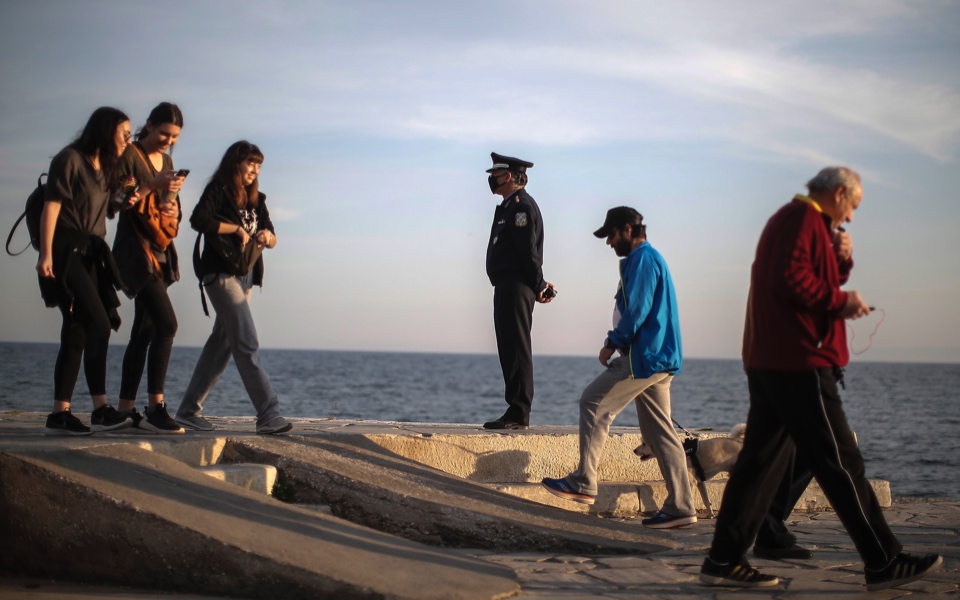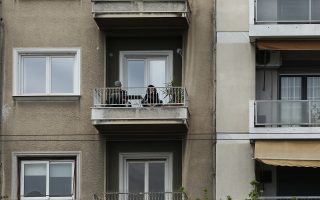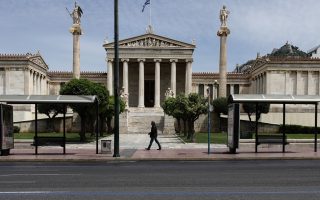Explaining our response

As the global numbers of coronavirus infections and deaths continue to send chills down our spines (especially in Italy, Spain, the United States and the United Kingdom, where the real numbers are said to be much higher as many deaths at home and nursing homes go unreported), the debate has shifted to whether, how and when countries plan to ease restrictions. Many have already passed into this phase, while others are still preparing for it. Greece is among the latter, and judging from the rising number of cars seen on the country’s streets, it is obvious that a part of the population has reached the limits of its patience and self-discipline. Governments, of course, are also eager to limit the damage to their countries’ economies as much as possible.
The truth is that the stance of the overwhelming majority of Greeks toward the coronavirus crisis has been remarkable, which is why we have also earned plaudits from the international media. The comparatively good results in dealing with this massive threat are attributed to the government’s decision to introduce restrictions and lockdown measures early on in the crisis, and to the recommendations of the country’s experts, led by Professor Sotiris Tsiodras. It comes as little surprise that he is being hailed as a hero all over the world. He more than deserves it, not just for his discretion and scientific expertise, but also for his communication skills.
Nevertheless, other factors have also contributed to the successful response to the challenge and to the relatively small numbers of infections and deaths. There are factors that have already been discussed, like the confidence in the political leadership – which it had earned before the coronavirus outbreak from its response to the migrant push at the Evros border with Turkey – its persistence in driving home the need for adherence to restriction measures, and the skill and professionalism displayed by the country’s medical workers and other health authorities.
Ηowever, there are other social and psychological factors that need to be noted as having acted beneficially in this crisis.
One of the main reasons why Greeks fell into line on this occasion was that they were scared. Greeks are enamored with life and do not treat it like an adventure by taking unnecessary risks. Add to that the overprotective attitude of parents toward their children and the remarkable discipline shown by the Greeks in this instance is explained. The strong bond between the younger and older generations has also been important, as has been the fact that many elderly Greeks own their homes. As a result, while families in Greece are close and stay in regular contact, living apart from younger relatives has protected the elderly from the virus, and it appears that, to some degree at least, this has allowed Greece to avoid the devastation seen among elderly people in other parts of the world.
Finally, the crisis has given us ample additional evidence that Greece’s doctors and nurses do not treat their patients like statistics, but go above and beyond to help them.
Now that an easing of restrictions is within sight, let us hope that this new phase will be marked with equal success.





